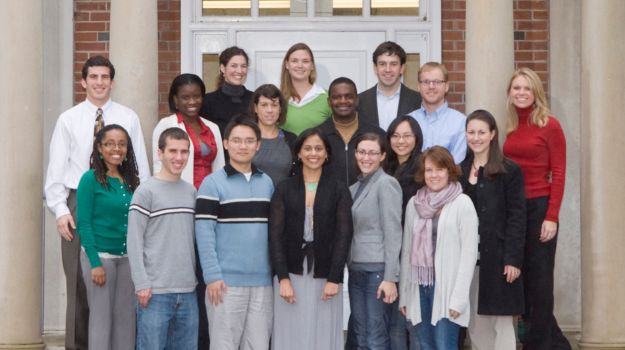Key Moments in Duke Global Health History
This timeline highlights some of the pivotal moments and milestones that influenced the formation and development of the Duke Global Health Institute, as well as its affiliated centers and programs. It is not meant to be a comprehensive history, but rather a selection of events that have had a lasting influence on the institute’s mission and values. See also: 7 places to see Duke's legacy of global impact.











